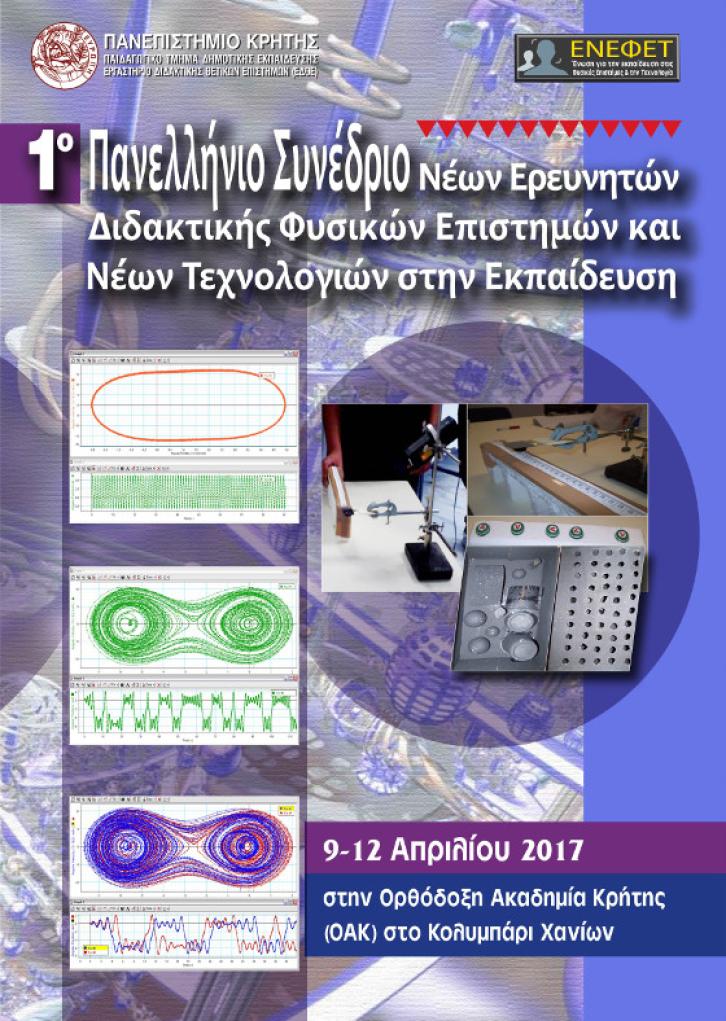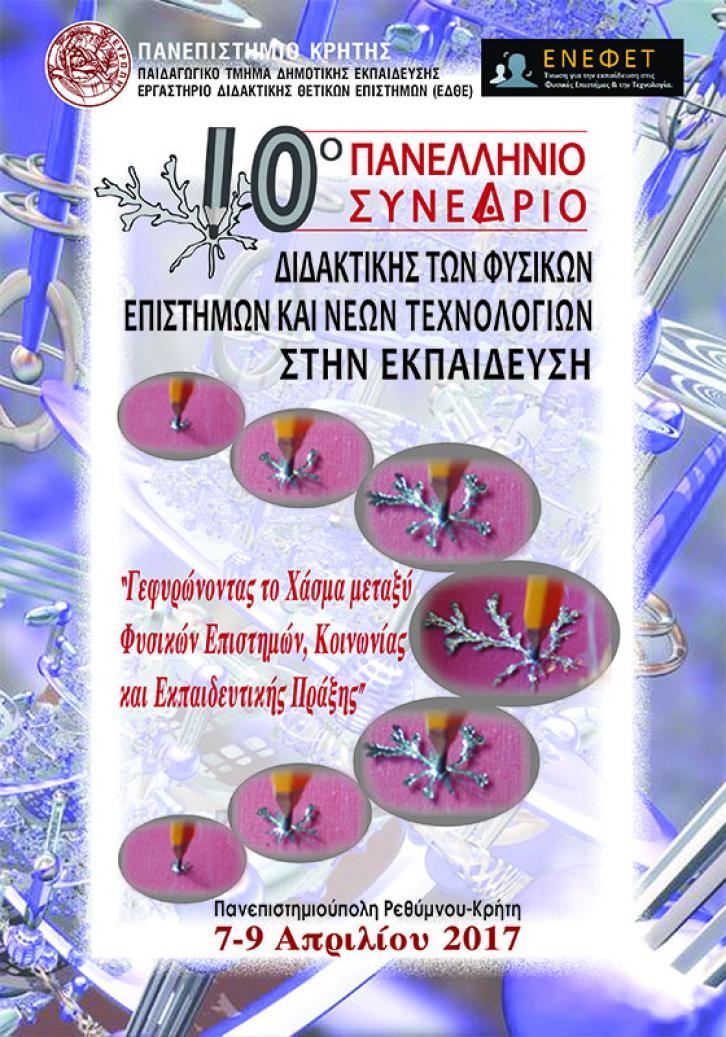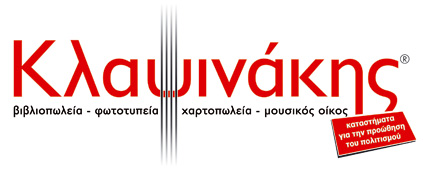Learning out-of-school in the STEM disciplines seems to have an enormous attractiveness. Some effects on students’ interests are known (Engeln, 2004; Scharfenberg, 2005; Glowinski, 2007; Guderian, 2007; Pawek, 2010). But what about learning processes at science centers, exhibitions, student labs, or science museums? So called informal learning is rather poorly investigated. Which are the factors that foster or inhibit learning in these environments? Which role do specific formats play that we find within the offers of out-of-school learning providers? And to what extend are the potentials of these out-of-school learning possibilities exhausted?
Within the graduate program GINT we are investigating not only subject related learning processes but also the educational structure of various out-of-school learning environments. GINT includes the subjects of geography, informatics, natural science and technology which are comparable to the STEM disciplines. Five universities from three countries join the program (Greece, Denmark, and Germany); fourteen doctoral students are participating in it.
How learning at student labs and exhibitions works is investigated in several of their studies. Contexts like the coast, the ocean, or alternative energy supply play important roles within some of them as well as the approach of how to educate for sustainable development. Within the talk, research collaboration between universities and out-of-school learning providers will be demonstrated. Furthermore the empirical methods, data analysis by triangulation and some empirical results will be presented. In the end some hints will be given to improve out-of-school learning activities.













